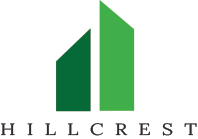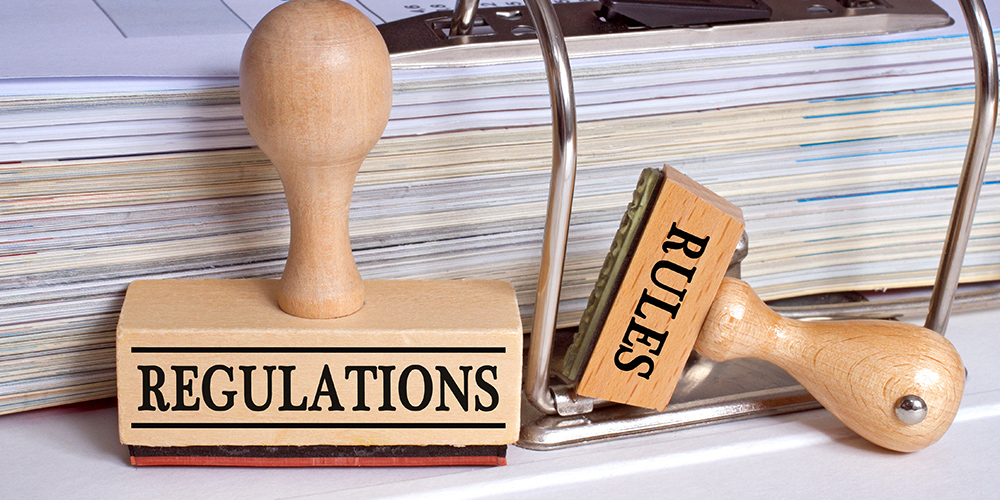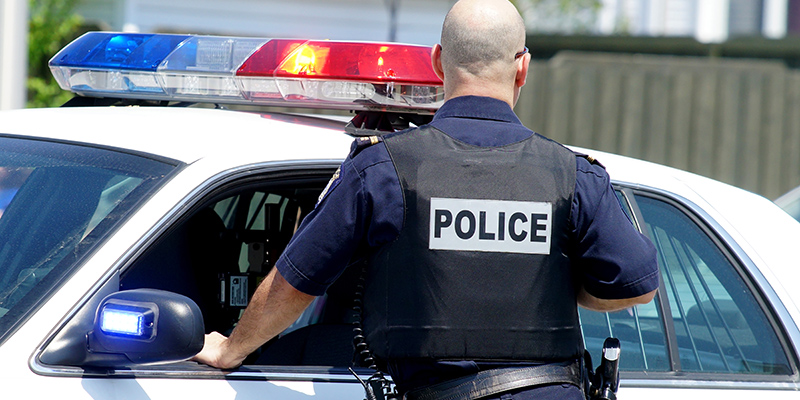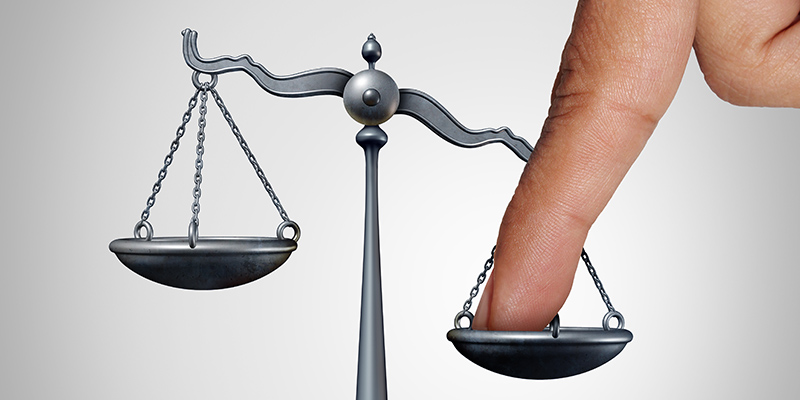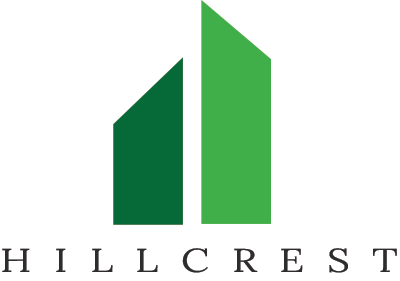Rules play an integral role in the success of a homeowners association, and so does HOA rule enforcement. Board members are responsible for ensuring that residents follow the rules, which includes imposing penalties for violations. On the other hand, homeowners should adhere to the rules as best as they can to avoid these penalties.
What is HOA Rule Enforcement?
Homeowners associations are known for enforcing rules. These rules come in many shapes and forms, typically involving property maintenance, amenity usage, architectural standards, pets, home businesses, rentals, and more. Homeowners can find their HOA’s rules within the governing documents.
When a resident breaks a rule, they can face a number of potential consequences. These consequences can vary from one association to another, and not all HOAs have the authority to impose penalties.
HOA enforcement, also known as condo rules enforcement, refers to the application of rules, ensuring residents follow them. Rules serve an important purpose in an HOA community. They exist to maintain order and standards, thereby protecting property values and attracting buyers.
The HOA board is typically responsible for enforcing the rules, but they can also enlist the help of a violations/enforcement committee or professional management. While the board retains control over final decisions, a committee or HOA management company can assist with inspections, communication, and coordination.
Can Homeowners Association Enforce Rules?
Whether or not an HOA can enforce rules depends on state laws and its governing documents. In Illinois, both the Illinois Common Interest Community Association Act and the Illinois Condominium Property Act give associations the power to adopt, amend, and enforce rules. Of course, these rules must be included in the governing documents.
Are HOA Rules Enforceable?
In general, HOA rules are enforceable and legally binding, provided they align with the law and the HOA’s governing documents. If a rule conflicts with a federal, state, or local law, then it is void and unenforceable. For example, an HOA can’t outright ban satellite dishes in a community as that would conflict with the OTARD Rule.
Similarly, rules must be adopted in a procedurally correct manner to be enforceable. If an HOA’s governing documents require the board to vote on a rule at an open meeting, bypassing this process could render the rule void.
Additionally, the HOA board must enforce the rules in a consistent and fair manner. If an HOA enforces the rules selectively, it could also render the rules void and unenforceable. Homeowners can challenge the board when it comes to HOA selective enforcement.
How do HOAs Enforce Rules?
Homeowners associations must enforce the rules according to state laws and the governing documents. The process can differ from one HOA to another, but HOA rule enforcement generally follows the process below.
1. Notice of Violation
 First, the HOA will send a notice of the violation. This violation letter should state what the violation was and what part of the rules were broken. It should also indicate the next steps and how the homeowner should proceed.
First, the HOA will send a notice of the violation. This violation letter should state what the violation was and what part of the rules were broken. It should also indicate the next steps and how the homeowner should proceed.
Some HOAs send a violation letter as a warning. This gives the owner a chance to remedy their violation without further penalty. If the owner refuses or the violation repeats, the penalty will follow.
In Illinois, 765 ILCS 160/1-30 requires homeowners associations to send written notice. Most governing documents also have this requirement.
2. Opportunity to be Heard
Many HOAs are required to give the homeowner a chance to explain their side before the board can impose a penalty. In Illinois, 765 ILCS 160/1-30 also covers this, stating that the board must give owners an opportunity to be heard before levying reasonable fines for violations.
3. Decision
 After the hearing, the board will then make a decision on the violation. This can result in a number of potential outcomes. The board could proceed with imposing a fine or other penalty. Other times, the board will find that the owner did not violate the rules after all. There are also cases wherein the owner could get off with a warning.
After the hearing, the board will then make a decision on the violation. This can result in a number of potential outcomes. The board could proceed with imposing a fine or other penalty. Other times, the board will find that the owner did not violate the rules after all. There are also cases wherein the owner could get off with a warning.
Apart from fines, an HOA can also impose other penalties, provided state laws and the governing documents allow it. This includes the temporary suspension of privileges. Sometimes, the HOA will sue the owner to force compliance.
What Happens When HOA Rules are Not Enforced?
When an HOA fails to enforce the rules, the community as a whole suffers as a result. It has a domino effect.
Remember that rules exist to maintain curb appeal, order, and property values. When an HOA doesn’t enforce the rules, owners are less likely to follow them because there are no consequences for noncompliance.
Soon enough, owners will stop caring for their property, violate architectural standards, and have a general disregard for the community. This will ultimately result in diminished appeal, resident apathy, and lower property values.
When HOA rule enforcement stops, the rules can also become void and unenforceable. Homeowners might challenge the rules if the board suddenly starts enforcing them again.
Can I Sue My HOA for Not Enforcing Rules?
Yes, a homeowner can sue an HOA for not enforcing rules, but they should consider several factors before pursuing this action. First, it is important to check the governing documents. These documents should tell homeowners what the rules are and how the HOA should enforce them.
Second, the homeowner will have to prove that the HOA had a duty to enforce the rule and that it failed or refused to act. Courts also typically require the homeowner to show that the failure of HOA rule enforcement caused harm. This includes decreased property values, unequal treatment, and loss of quiet enjoyment.
Before filing a lawsuit, homeowners should attempt internal remedies first. For most HOAs, homeowners can submit complaints or request internal dispute resolution. Homeowners can also raise their concerns at an open board meeting. If that doesn’t work, owners can use alternative dispute resolution methods.
Lawsuits can be expensive and time-consuming. Additionally, there is no guarantee of winning. Homeowners should be prepared for the costs and potential outcomes.
Can HOA Enforce Rules? Answered!
Board members have a duty to enforce the rules of their HOA. Given that HOA rule enforcement comes with limitations, requirements, and procedures, boards should study up on their state laws and governing documents. This will help them avoid legal risks while simultaneously maintaining the community.
Hillcrest offers HOA management services to communities in Chicago. Call us today at 630-627-3303 or contact us online to request a proposal!
RELATED ARTICLES:
- Understanding Condo Rules And Regulations
- Addressing HOA Complaints And Common HOA Violations
- Getting To Know HOA Board Of Directors
